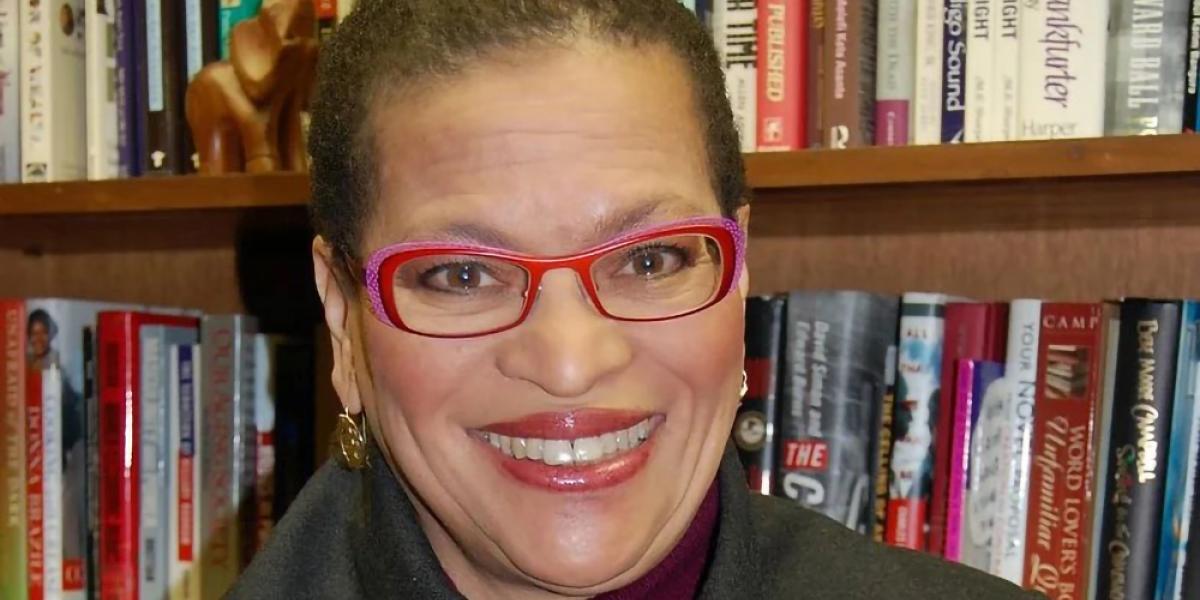Speaker Julianne Malveaux notes MLK pushed to restructure American economy
Martin Luther King Jr. was a civil rights leader and a passionate fighter for equality and freedom. But he was also an economist with a keen eye and strong beliefs about how the American economy should be radically restructured to lift up poor folks.
That's the case Julianne Malveaux laid out during her keynote address on Jan. 24 as she appeared as part of the 52nd annual Martin Luther King Jr. celebration at The Ohio State University. An economist and former president of Bennett College for Women, Malveaux made the point that King's message was as much about economic freedom as it was about civil rights.
“Kumbaya King was singing and swaying and saying we shall overcome, but Mutineer Martin was saying there is something wrong with the state of this economy,” she said. “The kumbaya stuff is easy, but the economic restructuring is hard.”
Malveaux noted that King was preparing to lead the Poor People's Campaign to march on Washington for greater economic prosperity for those at the bottom rungs when he was assassinated in Memphis. “My favorite King quote is this: ‘We have come to this nation's capital to cash a check. That check has been marked insufficient funds,'” she said.
She questioned why King's “I Have a Dream” speech is so revered in our society while his economic message is tuned out. “What if we said cash a check every time somebody said I have a dream?” said Malveuax. “Think about that.”
After her lecture, Malveaux took questions on the Wexner Center for the Arts stage during a conversation with Caleb Cuthbertson, a PhD student in the College of Education and Human Ecology. One question was whether the movement to bring economic reparations to Black people would ever be successful. “As a reparations activist, I have to believe that we will,” she said. “But as a cynical realist, I have to say not right now. (President) Biden won't sign it.”
During the conversation, Malveuax also encouraged students in the audience to get outside their comfort zones and talk to people who don't think or look like them. “We have to open ourselves up to constructive engagement opportunities,” she said. “Education is not just an ivory tower, it's what is happening in the streets. “
The university's King celebration also included the awarding of nine MLK Scholarships to students who “exemplify the principles and values” of the slain civil rights leader. Additionally, a pair of scholarships from the new Lawrence “Larry” Williamson Jr. Scholarship fund – honoring the recently retired Hale Center director – were awarded to a pair of students with a passion for the arts and a commitment to community service.
Read about the 2024 MLK Scholarship Awardees
As Summer Luckey, the interim head of the Hale Center, gave Malveaux a Hale Black Cultural Center T-shirt as a memento, she also commented on her lecture. “I feel empowered to sit with these uncomfortable questions you have raised tonight,” she told Malveaux.
